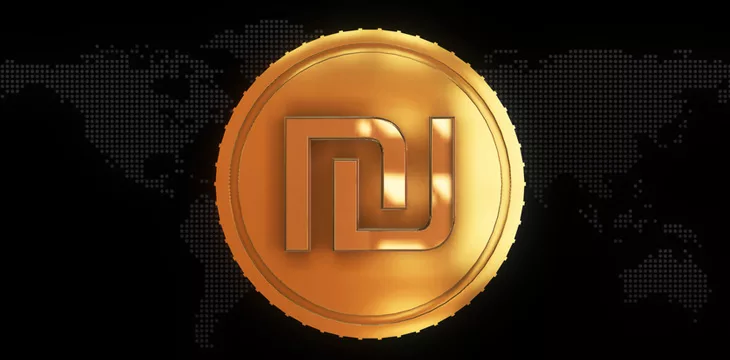|
Getting your Trinity Audio player ready...
|
The Bank of Israel (BOI) has launched a digital shekel challenge to explore using the proposed central bank digital currency (CBDC) to facilitate payments.
BOI has stepped up its CBDC efforts over the past two years to keep up with most of its peers. Last year, it teamed up with the Bank for International Settlements (BIS) and Hong Kong on Project Sela, where they explored CBDC inclusivity and privacy. It was also part of the BIS’ Project Icebreaker, where it worked with Sweden and Norway.
These experiments have increased the bank’s confidence in its digital shekel, and now, it’s calling on payment industry stakeholders to explore CBDC-based payment opportunities.
The challenge is open to commercial lenders, payment service providers, financial service providers, academic innovation labs and nonprofits in Israel and beyond. BOI will give preference to the use cases that cater to the Israelis.
With the challenge, the central bank wants to know the characteristics a digital shekel would need to “support innovative and diverse use cases in the payments world [and] analyze and sample the digital shekel’s potential to offer such use cases in the Israeli economy.”
BOI proposes a two-tier CBDC model with an API layer at the center, which payment service providers can tap to access the digital shekel and build value-added services.
This API system is inspired by Project Rosalind, a joint project between the BIS and the Bank of England (BoE). Rosalind’s first phase ended in Q1 last year, and the second phase kicked off a few months later. It relied on an API model on which payment firms could build their applications to make the digital pound available to the end users.
“Preference will be given to uses with innovative characteristics in the payments market, whether they are improvements to existing applications or completely new applications,” the BOI stated, adding that the solutions can be to existing or future challenges.
Participants in the challenge are encouraged to explore a wide variety of access technologies, from smartphones and internet apps to NFC and QR codes.
Interested participants have until July 11 to apply, and the BOI will announce the selected teams two weeks later. These teams will have two months to build their products before presenting them to a judges panel at the end of September.
To learn more about central bank digital currencies and some of the design decisions that need to be considered when creating and launching it, read nChain’s CBDC playbook.
Watch: CBDCs are more than just digital money

 02-16-2026
02-16-2026 




